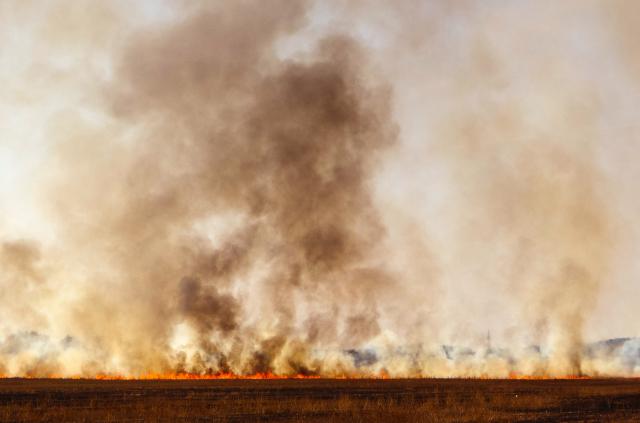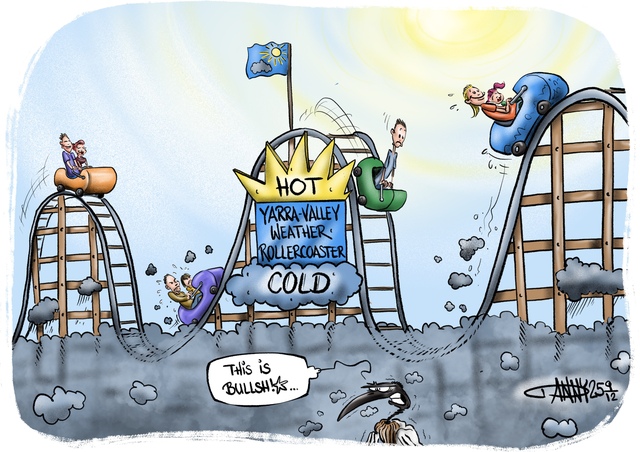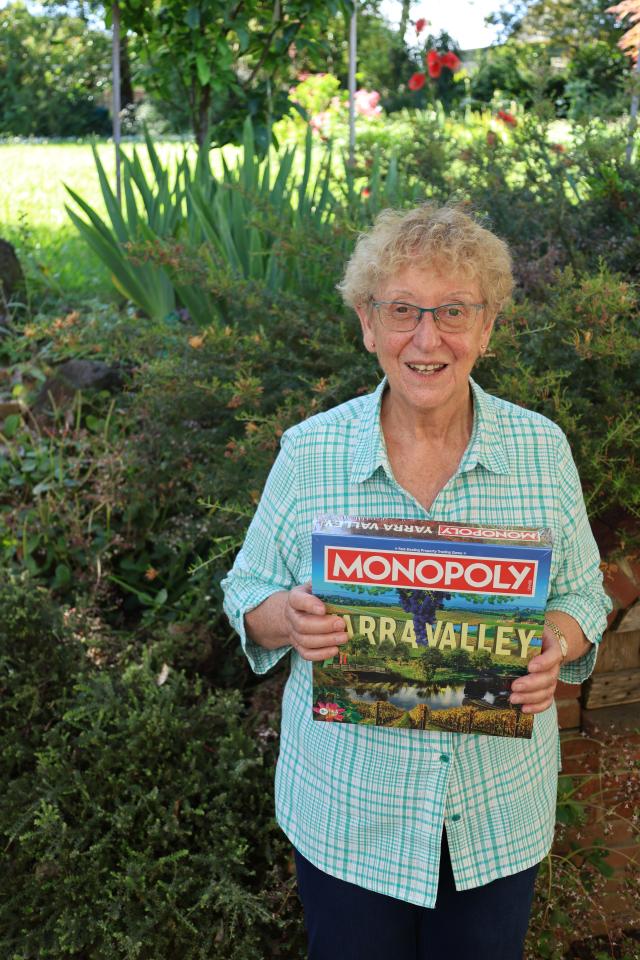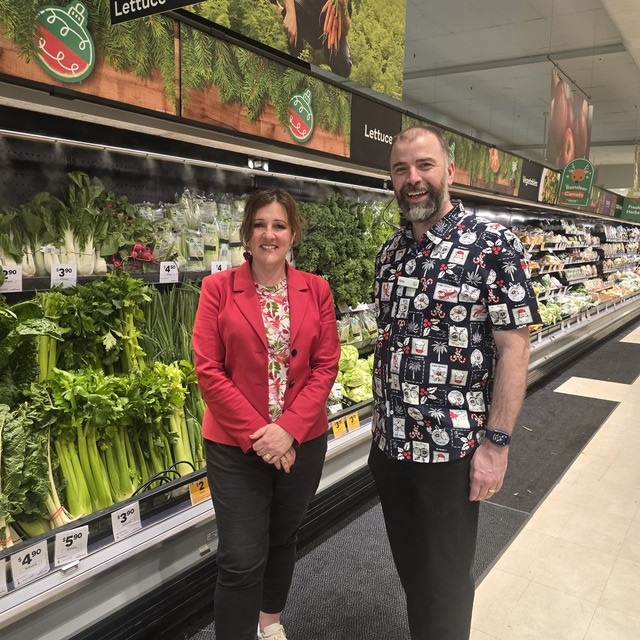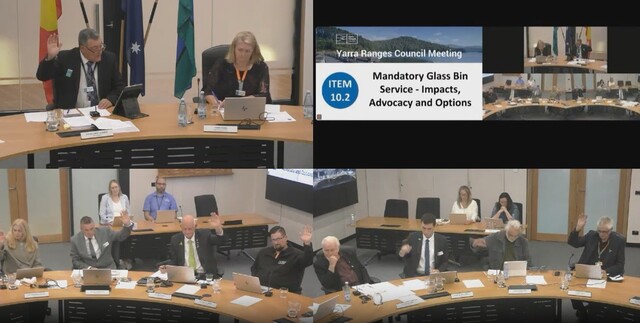On Black Saturday in the small Victorian town of Yarra Glen, I witnessed a man’s death.
The horror of it, 15 years ago today, is still burned into my brain.
My children and I had evacuated when we could see the smoke that showed the fire was headed our way.
In a panic, we grabbed last-minute treasures and fled to a friend’s place.
While I helped her prepare for an ember attack, we watched her neighbours drive out evacuating, then return 10 minutes later because there was nowhere to go, the township was cut off by fire in all directions.
As smoke intensified and sirens howled, I walked to the corner of my friend’s street where I had a clear view of the hills, trying to see if the fire had reached my home.
Instead, I found myself at the back of a group of people who watched, horrified, a car on its roof, burning, a fire crew trying to stop the blaze.
Then the words from another onlooker, “There’s someone in the car.”
I knew about climate change, but Black Saturday made it real for me.
Real enough to kill 173 people, each one mourned, grieved, missed; friends, neighbours, daughters, sons, fathers, mothers, colleagues – gaping rents in the fabric of my community.
Everywhere people are battling increasing extreme weather events caused by coal and gas heating our planet.
The rolling tragedies of record floods that have plagued the east coast of Australia since the catastrophic 2019-2020 Black Summer fires continue.
We were told by the Bushfires Royal Commission in 2020 that climate disasters would become more frequent and intense 1, and there have been numerous
parliamentary committees and coronial inquiries.
But what hope do we have, as survivors of these tragedies, for making our homes and communities safe when investigations fail to address the root cause? More fossil fuels burned equals more intense bushfires.
Every delay in action is costing lives.
Exhausted regional communities struggle to rebuild, again.
And my heart weeps for them as a car burns on in my memory.
It is imperative that we support communities affected by climate disasters.
The physical and psychological cost is not something an individual can easily bear alone.
But, in amongst talk of resilience, it is essential that we tackle the root cause of climate warming and replace coal and gas with clean, renewable energy.
We have the solutions but we need to act more quickly with political will from all sides of politics to stop supporting the polluting fossil fuels that are so damaging to our communities and way of life.
Sadly, as scientists warn us of imminent tipping points for our environment, 2 governments globally plan to produce double the fossil fuels in 2030 than the 1.5ºC warming limit allows.
One thing I have learnt from disaster is that people are strongest when they work together.
Knowing this, in 2018, I joined a group of people from different parts of Australia who became Bushfire Survivors for Climate Action.
Together we seek to protect our communities and help prevent future catastrophes by supporting Australia’s move to renewable energy.
The most recent climate disaster survivors are incredibly resilient but also exhausted.
It’s hard to organise and speak up when you are struggling to find shelter and food for your children.
These people, mostly in regional Australia, need our help.
I invite you to join a climate action group.
Send a letter to your Federal MP or make an appointment to talk to your State MP about your concerns.
Vote for politicians who are committed to climate action. If you are a politician or business leader, get serious about creating a carbon neutral future.
Get climate active.
The disaster of Black Saturday didn’t destroy my home entirely, but the damage required months of cleanup.
Fifteen years on, there are still some days when I find myself thinking (fortunately less often as the years go by) “What’s the point? It’s all just going to burn again.”
But then I realise, when more of us act together we can be a powerful voice for healing and the changes that will make our future safer.

